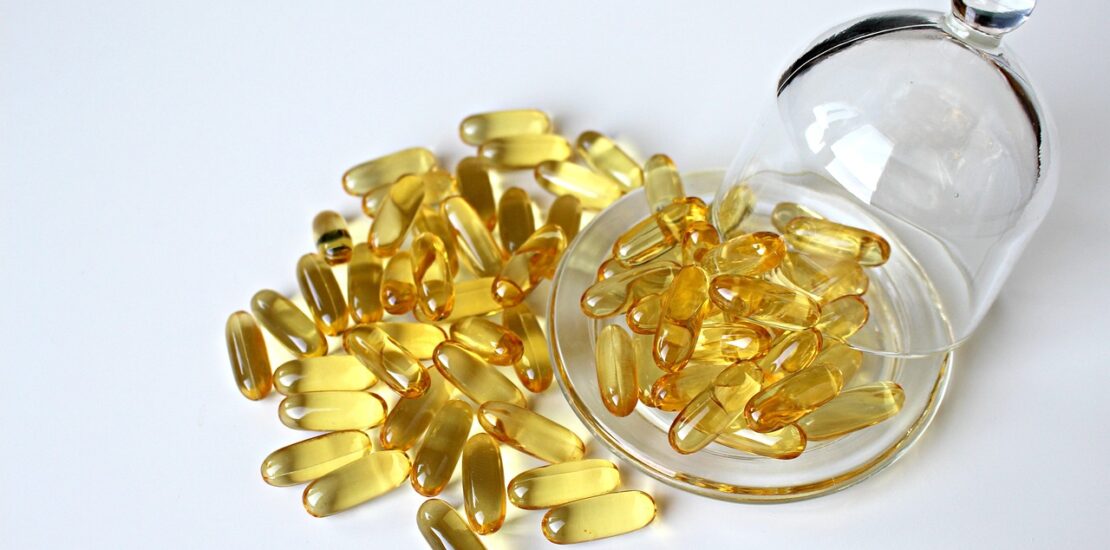- January 5, 2023
- Posted by: administrator
- Category: Health

Menopause is a natural transition in a woman’s life, marked by the end of her menstrual cycle. It usually occurs between the ages of 45 and 55, and can last for up to 10 years. During this time, a woman’s body goes through a variety of changes, both physical and emotional, as a result of decreasing levels of estrogen and progesterone.
Age of Onset
The average age of menopause onset is 51, but this can vary from person to person. Factors such as genetics, lifestyle, and medical history can all affect the age of menopause onset. For example, smoking, drinking alcohol, or having a hysterectomy can all cause menopause to occur earlier than expected.
Hormonal Changes
During menopause, a woman’s body goes through a variety of hormonal changes. The primary hormones affected are estrogen and progesterone. Estrogen is an important hormone that helps to regulate a woman’s reproductive functions, while progesterone helps to regulate the menstrual cycle. As these hormones decline, physical and emotional health can be affected.
Menopause Symptoms
Common menopause symptoms include hot flashes, mood changes, insomnia, difficulty concentrating, and a decrease in libido. Hormonal changes can also lead to symptoms such as vaginal dryness, fatigue, and weight gain. The relationship between these hormonal changes and menopause symptoms is complex, and is still being studied.
Medical Treatments
There are a variety of medical treatments that may be used to manage menopause symptoms. Hormone therapy is one option, which involves taking estrogen and progesterone to help restore hormonal balance. Antidepressants and other medications may also be prescribed to help manage mood changes and other symptoms. It is important to talk to your doctor about potential benefits and risks of these treatments.
Alternative Approaches
In addition to medical treatments, there are also alternative approaches for managing menopause symptoms. Herbal remedies, dietary menopause supplements, and lifestyle changes may all be used to help alleviate symptoms. It is important to take a holistic approach to managing menopause, focusing on diet, exercise, stress management, and other lifestyle factors.
By understanding the medical baseline of menopause, the age of onset, the hormonal changes that occur, and the various treatments available, women can be better prepared to manage their menopause symptoms. With a combination of medical treatments and alternative approaches, women can be empowered to take control of their health and wellbeing during this natural transition.
